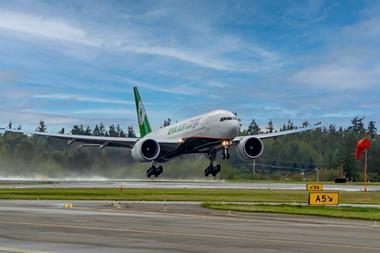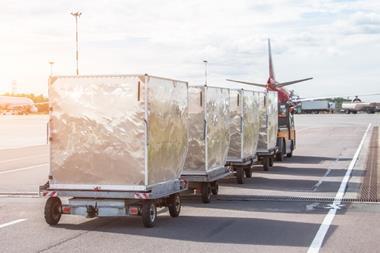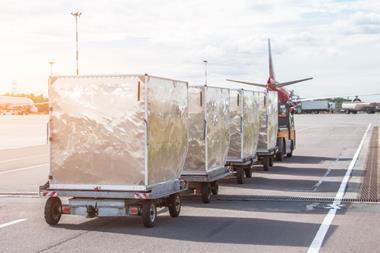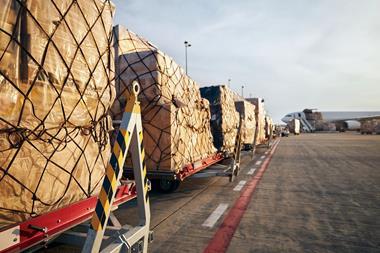The key theme for this year’s IATA World Cargo Symposium (WCS) is innovation. This is an appropriate subject, not least because many in the air cargo sector, including a number of high profile large air cargo volume shippers, believe it is in short supply.
IATA will no doubt provide an agenda focusing on changing consumer behaviour, the growing influence of ‘omnichannel’ distribution and communication approaches, and changes in manufacturing and supply chain processes that potentially could disrupt the existing air cargo industry business model.
Omnichannel is the integration between the various channels in delivery of a product or service to the customer. Under this process the various parties have access to the customers’ requirements and data, and the customer can use his laptop computer or smart phone to check the inventory and make delivery arrangements.
This goes to the heart of the innovation problem in air cargo: the seeming on-going inability, largely of airlines and forwarders, to fully integrate their operations, systems and processes to provide a seamless air cargo product offering for air cargo customers.
In 1995, the European Air Shippers’ Council caused consternation by chiding the industry for failing to harness the opportunities presented by information technology (IT) to provide a co-ordinated and integrated product for shippers.
Since then, the scale of innovation, development and application of IT has been phenomenal.
IATA has made steady progress in rolling out its e-freight initiative. However, its scope remains mainly limited to transport documents and the pace of roll out remains pedestrian.
And, the time and effort put into that could be eclipsed by a fresh ‘backbone’ initiative driven by shippers in the electronics sector.
At last year’s WCS I warned that Amazon’s foray into becoming an ‘own account’ airfreight operator was a wakeup call. In December, Amazon launched its first drone delivery to a UK customer.
While many may be sceptical about Amazon’s own account operations being replicated more generally, there is considerable scope for drones to be a major disrupter, not only in developing a new market but in hitting a large chunk of the existing air cargo market.










